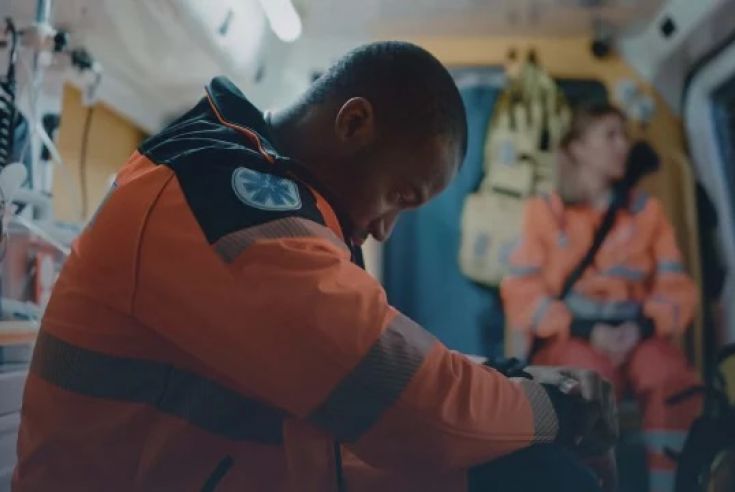140 GBP (£)
EnquireSchool Glenridding Sailing Centre
Location Falmouth, United Kingdom
Duration 1 day(s)
Dates Contact for more info
Accommodation None Included
VHF can be used to prevent distress situations from developing by allowing vessels to warn each other of potential hazards, or by receiving safety information such as navigational warnings and weather forecasts.
Usually it is something more mundane such as communications between the bridge and the fo’c’stle on a ship, between the cockpit of a yacht and someone up the mast. But then it could be something as exciting as a group of sea kayakers exploring the coastline of Scotland.
Whatever it is, it is vital to understand the correct procedures.
The Short Range Certificate is the minimum qualification required by law to control the operation of VHF and VHF Digital Selective Calling (DSC) equipment on any British flagged vessel voluntarily fitted with a radio. This includes both fixed and hand held equipment using International channels.
Course topics include:
• the basics of radio operation
• the correct frequencies (channels) to be used
• distress, emergency and medical assistance procedures
• making ship to shore telephone calls
• Digital Selective Calling (DSC) using simulators
• Global Maritime Distress and Safety System (GMDSS)
• Emergency Position Indicating Radio Beacons (EPIRB)
• Search and Rescue (SART)
The course will be taught and examined using radio simulators. The exam will also include a short written test.
We run VHF courses on various dates throughout the year so please contact us for the dates of the next course.
We charge £140.00 for the course which includes the RYA License Fee. We take a small deposit of £20 to confirm your place and post you the pre course work (learning the phonetic alphabet and having a good understanding of the Mayday procedures helps keep the course on schedule).



